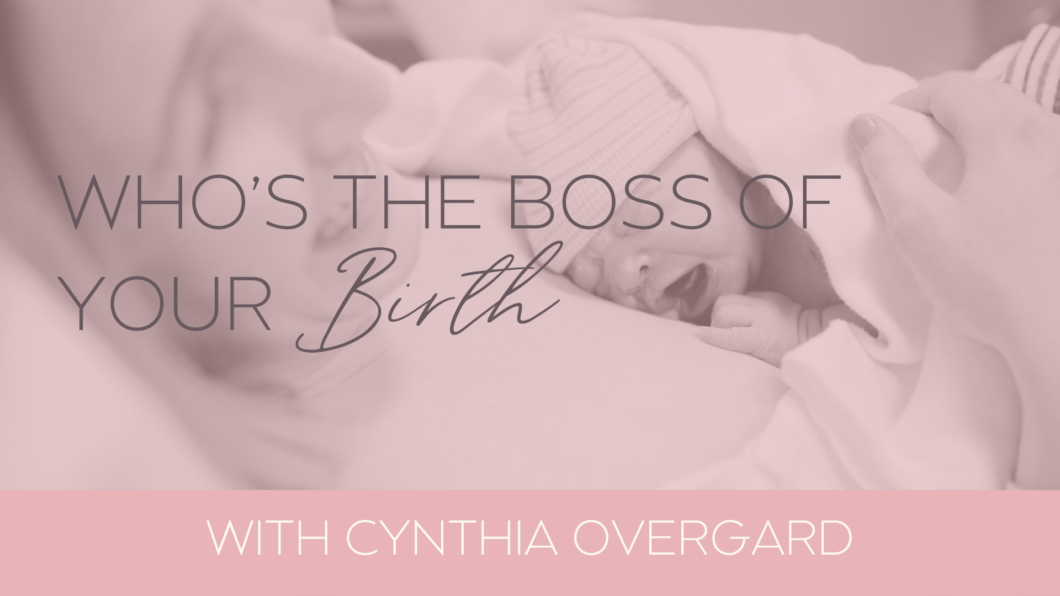
Doulas are among the hardest-working people in healthcare. And they are often drawn to the work because they’re deeply loving, giving and empathetic. Whether she herself is also empowered is the question. If she is not, then being your advocate will be accompanied by whispers, worries, glances over the shoulder. What will that convey to her client?
This doula was demonstrating pure support and kindness, while also reinforcing the fallacy that doctors can tell a client, a woman in labor, a fellow human being whether she may or may not eat and drink.
In a 2015 press release, the American Association of Anesthesiologists announced it is in fact “beneficial” and “safe” for women to eat in labor. (Reading between the lines: “We’ve been doing it wrong for 75 years!”)
They were decades late, after millions already suffered under the protocol, as the evidence-based birthing world knew better. In fact, the WHO had published data showing that depriving birthing women of food and drink causes (a) prolonged labor, and (b) fetal distress. Could it be coincidence that those are also the top two reasons for Cesarean section in the United States? No.
Most astounding of all is that, after the press release, nothing has changed whatsoever in most American hospitals.
Either way, you don’t need to sneak because you don’t need permission. Thirsty? Drink. Hungry? Eat. Research supports it but you don’t need research to know you’re a human with basic needs.
Is it truly okay to eat – even in labor? Yes. Especially in labor.
